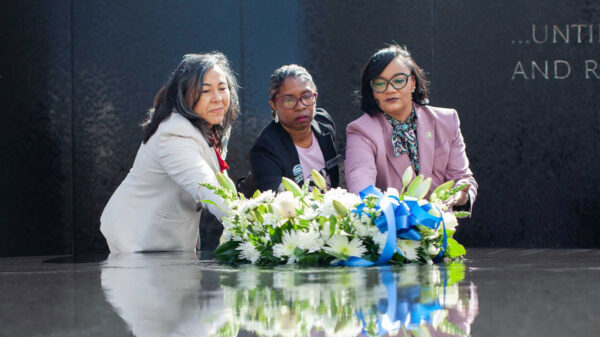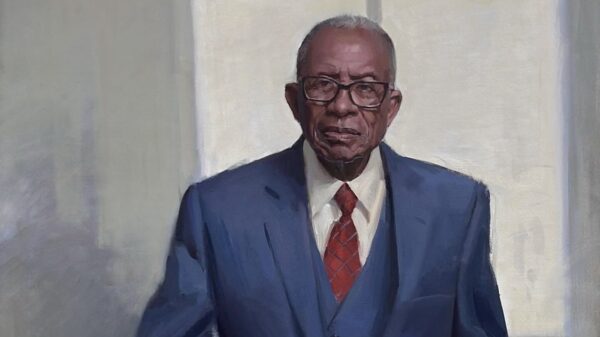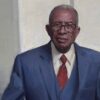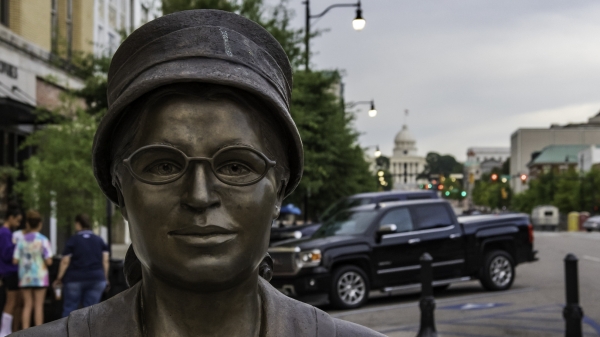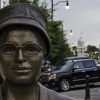|
Getting your Trinity Audio player ready...
|
I’m asked at least once a February (sometimes more) why we need a Black History Month.
Usually, I’m happy to respond. Unless they follow their question with: “We don’t have a White History Month.”
Heavy sigh. SMH. A desperate grab to pull out my imaginary hair.
The first part of that question isn’t terrible, especially if somebody is truly wanting to know why we set aside a month – albeit the shortest month – to focus on Black history. The second part, though, is a tell. This is a person who doesn’t understand and doesn’t want to understand that much of this nation was built on the backs of slaves. There are few pre-1865 buildings in Washington, D.C., that weren’t built using slave labor.
Wouldn’t it be nice if we didn’t have a Black History Month? There isn’t white history or Black history. Or Asian history. Or Hispanic history.
There is just: U.S. history.
So, we have a Black History Month. February. And an Asian Pacific Heritage Month (May), a National Hispanic Heritage Month (Sept. 15-Oct. 15), a LGBTQ+ History Month (October) and a Native American Heritage Month (November). I suppose December is Santa History Month (I jest).
Why all these “history” months for different races, heritages? Because, clearly, we’re not doing very well in our U.S. history classes in truly reflecting the facts of our nation’s history.
Apparently, we can’t even get Black History Month right. A significant number of students at a Tuscaloosa high school left their classes to protest this week over, at the very least, the mixed signals they’re getting from administrators at Hillcrest High School.
About 300 students took part in the peaceful, short protest, led by senior Jamiyah Brown. She claims the students “needed to bring attention to some issues here at Hillcrest High School that school administration has failed to adequately address.” Among the student complaints are that one administrator said the students’ Black History Month program shouldn’t mention historical figures before 1970. The school denies this.
Even if it didn’t happen – and motivating 300 high school students to walk out of classes indicates something is wrong – we sadly know that it certainly could have happened. Students didn’t just pull that date out of the air in some massive conspiracy just to skip their math and English classes for an hour.
When the students say administrators are causing “psychological trauma” among African-American students, there must be something there. They claim Black students are disciplined more harshly than white students.
Is this the “dreaded” “critical race theory” or “woke” history probably not even one of those white administrators can adequately define?
When 300 students out of a student body of 1,300 walk out of class in protest, that is lots of smoke. With that much smoke, there’s a fire burning somewhere.
If Black history before 1970 is off limits, students miss pivotal American history – slavery, for example. The Jim Crow laws. Most of the important events of the Civil Rights movement, including Martin Luther King Jr.’s marches in Birmingham where, eventually, a bunch of students left their classrooms, too, to walk with King.
They miss the “Letter from Birmingham Jail,” among the greatest written arguments in American history. I polled one of my first-year UAB composition classes this week; only about a third of 23 students had ever read King’s letter. Many of these students graduated from high schools in the city of Birmingham and in the Birmingham metro area.
Birmingham. Where much of the Civil Rights protests occurred in 1963. That is vital American history. Not Black history. Just history.
We’re seeing these kinds of knee-jerk reactions from majority white school districts more often than we should. Hoover schools canceled three appearances by Black author Derrick Barnes because of complaints about his “controversial ideas.” The appearance was booked last year but was canceled just before Barnes was to visit three Hoover elementary schools.
Shouldn’t students be exposed to “controversial ideas,” if, indeed, Barnes’ ideas of equality for all are considered “controversial”? How are they supposed to learn to think for themselves and to develop into productive critical thinkers?
The entire state of Florida, meanwhile, is canceling Black history altogether, refusing to certify a high school AP curriculum for African-American studies.
Oh, yeah, we need Black History Month in America. More important, we need Black and other histories included in American history, because American history is not just white history.
But now, it appears, our high school students can’t even have a true Black History Month, one that requires thinking, self-reflection, learning, and, yes, facing the demons of our ugly past in a country that at one time counted every black human being as only three-fifths of a person. Where Black human beings were lynched so frequently, there’s a memorial for them in Montgomery. Where it took decades to bring even a small amount of justice to families who lost their little girls in a racist dynamite bombing of a Birmingham majority-Black church.
Do we need Black History Month? Hell, yeah.
But if we’re going to have it, it must reveal all the truth, not just the “history” literally whitewashed by white school administrators who put that truth through a filter that leaves very little life or real history in its wake.















































